Defined benefit pensions explained
Defined benefits pay a guaranteed annual income in retirement, based on your earnings.

What is a defined benefit (final salary) pension?
Defined benefit (DB) pensions pay out a guaranteed income when you retire. This is often based on your final salary at retirement. These days ‘career average’ pensions are more common, which pay out based on your average salary while in that scheme.
Unlike defined contribution pension schemes, a DB pension guarantees to continue paying you an annual income for life.
Although you still need to make personal contributions to a DB pension, the annual pension income you receive is not based on how much you have paid in. Instead, it is based on your earnings and how long you’ve worked for your employer.
As they are guaranteed for as long as you live, DB pension schemes can provide more security. Although they remain common in the public sector, they are now rarely offered to new employees in the private sector.
Can I take a lump sum from my defined benefit pension?
You can take a tax-free lump sum from your defined benefit pension scheme. The amount you can receive is determined by the rules of your scheme. Some schemes offer a cash lump sum separately from your pension income.
However, you may need to trade some of your annual income in exchange for your lump sum. Contact your pension provider if you wish to find out how much you could take as a lump sum.
Is my defined benefit pension taxable?
Like other forms of pension, income from your final salary pension is taxable.
Alongside your state pension and any other forms of income, your defined benefit pension is subject to income tax at the same rate as other earnings.
Currently you can earn up to £12,570 tax-free. Anything over £12,570 and up to £50,270 is taxed at 20%. Earnings between £50,270 and £125,140 are subject to 40% higher-rate income tax. Anything over £125,140 is taxed at 45%. (These tax thresholds have been frozen until April 2028).
Can I transfer my final salary pension?
You can transfer your final salary pension to another scheme. However, you may lose valuable benefits by taking this option – meaning it may not be in your best interest.
If you decide to transfer your final salary pension, the amount it is worth is known as the ‘cash equivalent transfer value’.
By transferring, you lose the guarantee of having an income for life. Although this may provide you with a substantial transfer value, this may not be enough to provide a sustainable income in retirement.
For these reasons, you are legally required to seek financial advice if you wish to transfer a final salary pension worth more than £30,000. You will need a suitably qualified advisor to confirm it is in your best financial interest before you can transfer.
Defined benefit pension FAQs
The ii SIPP is aimed at clients who have sufficient knowledge and experience of investing to make their own investment decisions and want to actively manage their investments. A SIPP is not suitable for every investor. Other types of pensions may be more appropriate. The value of investments made within a SIPP can fall as well as rise and you may end up with a fund at retirement that’s worth less than you invested. You can normally only access the money from age 55 (age 57 from 2028). Prior to making any decision about the suitability of a SIPP, or transferring any existing pension plan(s) into a SIPP we recommend that you seek the advice of a suitably qualified financial adviser. Please note the tax treatment of these products depends on the individual circumstances of each customer and may be subject to change in future.